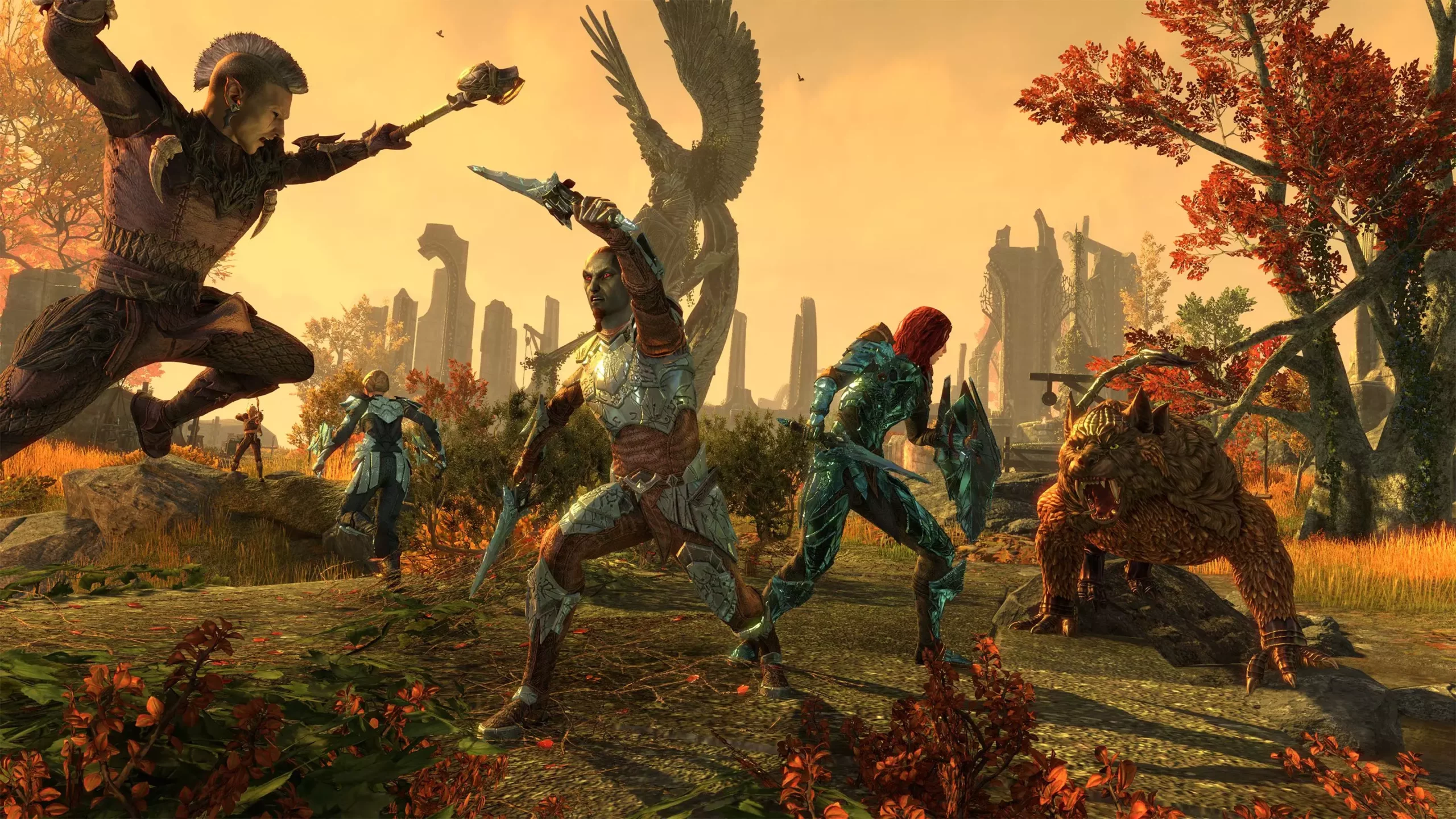In the bustling world of video game development, creativity and passion are the lifeblood that bring virtual worlds to life. Yet, beneath the pixels and thrilling gameplay lies a complex ecosystem vulnerable to external shocks. Recently, the gaming industry experienced a stark reminder of this fragility, as Microsoft announced the termination of over 9,000 jobs across its divisions, including a substantial portion from the notoriously influential Xbox and ZeniMax subsidiaries. While corporate restructuring might be seen as necessary for financial realignment or strategic shifts, the human consequences are often devastating and long-lasting.
Within the walls of ZeniMax Studios, seasoned developers found themselves confronting an emotionally gut-wrenching reality. For many, these layoffs were not just numbers; they represented the loss of friends, mentors, and key creative minds—some of whom had dedicated decades of their lives. The reports indicate a pervasive sense of despair among remaining staff, who fear an irreversible erosion of institutional memory and expertise. This combination breeds an atmosphere of uncertainty that weighs heavily on morale, undermining the very creativity and innovation the studio is renowned for.
The Erosion of Creative Capital and Episode of Trauma
The stories from ZeniMax paint a somber picture: talented professionals who contributed to landmark titles like The Elder Scrolls Online are now parting ways with a studio that feels increasingly hollowed out. One union member poignantly describes her experience as “one of the worst days at a job I’ve ever had,” emphasizing the emotional toll such corporate upheavals exact. Past layoffs—such as the shutdown of studios like Tango Gameworks and Arkane Austin—have already marked difficult turning points, but the recent wave appears even more destructive.
Critical knowledge that propelled projects to awards and successes is being lost at an alarming rate. Autumn Mitchell, a senior QA tester and union member, estimates that about a third of the studio’s core expertise has vanished—an erosion that could spell long-term trouble for not only ongoing projects but also the future of innovative gaming experiences. The cultural fabric of these longstanding studios suffers, transforming once-vibrant creative hubs into “graveyards” of past accomplishments. This emotional trauma, experienced collectively, threatens to diminish the studio’s ability to produce high-quality titles and innovative concepts, as the collective memory and motivation are drained away.
The Implications for Future Projects and Industry Stability
The fallout from these layoffs extends beyond immediate team morale; it casts a pall over the industry’s future trajectory. Notably, ambitious projects like the canceled Blackbird MMO mark a loss of potentially groundbreaking titles that could redefine gaming paradigms. The shrinking of the development pipeline for games like The Elder Scrolls Online, with smaller expansions and delayed releases, betrays a broader decline in creative output driven by the fear and uncertainty among developers.
This pattern of mass layoffs raises a daunting question: can the industry sustain its creative vitality when constant job insecurity lurks in the background? As developers grapple with the trauma of losing colleagues and the threat of their own job stability, their capacity to innovate diminishes. The relentless pursuit of profitability over creative growth risks turning promising studios into graveyards of missed opportunities, further stagnating the industry’s potential.
A Call for Reflection and Industry-Wide Change
The current climate signals a dire need for the industry to rethink its approach to growth and sustainability. While shareholder value and quarterly earnings often dominate boardroom decisions, prioritizing the well-being and stability of creative teams may yield healthier long-term results. The emotional and professional toll exacted by these layoffs underscores that people—not just profits—are the true backbone of game development.
Fostering an environment where developers feel secure and valued could be the key to rekindling the innovative spirit that has made the gaming industry a cultural force. Only through that genuine respect for creators and acknowledgment of their vital roles can the industry hope to rebuild trust, recover lost expertise, and continue delivering groundbreaking experiences that inspire players worldwide.
—
Note: The above article critically examines the profound impact of recent layoffs in the gaming industry, emphasizing the human and creative costs. It advocates for a more sustainable and compassionate approach that places developer well-being at the core of industry growth strategies.

